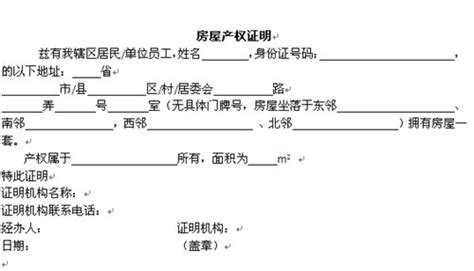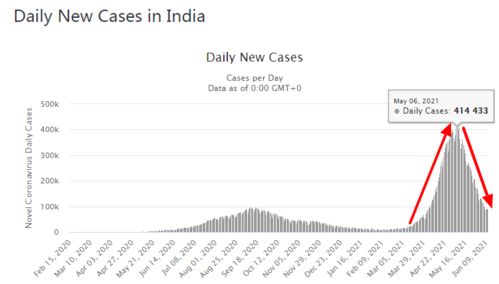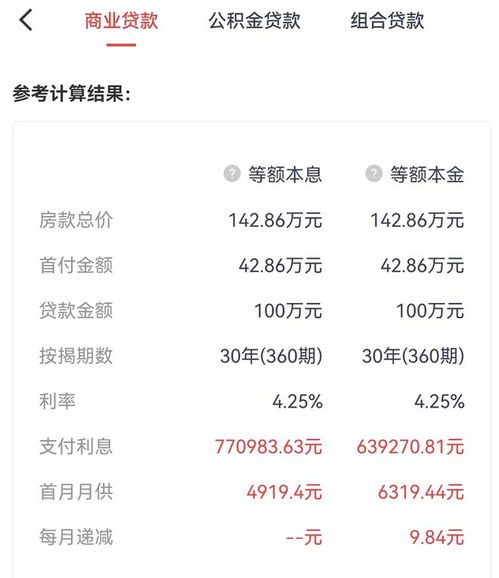户籍与房产证权利人相一致
Title: Understanding Property Rights and Household Registration Numbers
In real estate transactions, understanding the concept of property rights and the relevance of household registration numbers is crucial. Property rights signify ownership or legal entitlement to a piece of real estate, while household registration numbers serve as identifiers for individuals registered in a particular jurisdiction. Let's delve into these concepts further:
Property Rights:
Property rights encompass the legal rights to possess, use, and dispose of a property. They grant the owner the authority to control the property within the confines of the law. These rights typically include:
1.
Right of Possession
: The right to physically occupy the property.2.
Right of Use
: The right to utilize the property for specific purposes, such as residential, commercial, or industrial activities.3.
Right of Transfer
: The right to sell, lease, or transfer the property to another party.4.
Right of Exclusion
: The right to exclude others from entering or using the property without permission.
5.
Right of Enjoyment
: The right to derive benefits from the property, such as rental income or agricultural produce.Household Registration Numbers:
Household registration numbers, often referred to as "hukou" in China, serve administrative purposes and are used by governments to track and manage population movements. These numbers are typically issued to individuals residing in urban or rural areas and are linked to various social services and entitlements.
Key points regarding household registration numbers include:
1.
Identification
: Each household registration number is unique to an individual and contains information about their place of origin, family members, and other demographic details.2.
Residency Rights
: In many countries, particularly in China, household registration numbers are linked to residency rights, access to public services such as education and healthcare, and eligibility for certain social benefits.3.
Property Ownership
: While household registration numbers are not directly tied to property ownership, they may be required during real estate transactions for administrative purposes or to verify the identity of the buyer or seller.4.
Verification Process
: During property transactions, individuals may be required to provide their household registration numbers as part of the verification process to ensure compliance with local regulations and tax requirements.Guidance and Recommendations:
1.
Legal Compliance
: Ensure that property transactions adhere to local laws and regulations regarding property rights and registration requirements.2.
Documentation
: Keep relevant documentation, including household registration certificates and property ownership deeds, readily available during real estate transactions.3.
Due Diligence
: Conduct thorough due diligence to verify the authenticity of property ownership and the legitimacy of the transaction.4.
Consult Professionals
: Seek advice from legal professionals or real estate experts familiar with local regulations and practices to navigate complex property transactions effectively.5.
Stay Informed
: Stay updated on changes in property laws and regulations, particularly regarding property rights and registration procedures, to avoid potential complications or disputes.In conclusion, understanding property rights and household registration numbers is essential for navigating real estate transactions effectively. By grasping these concepts and adhering to relevant regulations, individuals can ensure smooth and legally compliant property dealings.
版权声明
本文仅代表作者观点,不代表百度立场。
本文系作者授权百度百家发表,未经许可,不得转载。











